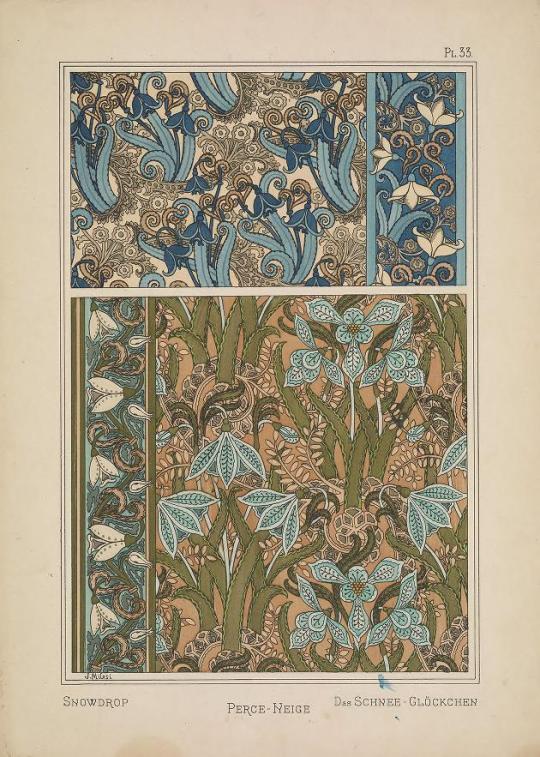Text
"Experience has taught me that it is wrong and cruel to suspend judgment, that nonjudgmentalism is at best indifference to the suffering of others, at worst a disguised form of sadism. How can one respect people as members of the human race unless one holds them to a standard of conduct and truthfulness? How can people learn from experience unless they are told that they can and should change? One doesn't demand of laboratory mice that they do better: but man is not a mouse, and I can think of no more contemptuous way of treating people than to ascribe to them no more responsibility than such mice.”
Theodore Dalrymple (1949-) English psychiatrist and cultural critic.
99 notes
·
View notes
Photo

Geometric image found in the Manly Palmer Hall collection of alchemical manuscripts, circa 1600. See more of the wonderful imagery born from the tradition of alchemy here: https://publicdomainreview.org/collection/the-surreal-art-of-alchemical-diagrams
86 notes
·
View notes
Text

“When you encounter something beautiful … it means your luck has changed, ever so slightly, for the better.” —Timothy J. Patitsas, The Ethics of Beauty (2020), p. 94.
0 notes
Photo

Credit: Gordon P. Lee
University of Hawaii
Physical Electronics Laboratory
Honolulu, Hawaii, USA
Subject Matter: Etched-enhanced stacking faults in silicon wafer surface (50x)
Technique: Differential Interference Contrast
201 notes
·
View notes
Text
“A spiritual thing is not known unless it is possessed: ‘No one knows but he who receives it.’ (Rev 2:17) … So, when it is not possessed, it does not produce a desire [for itself].”
Here is the starting point from which to think about our homes. Home is where family members (and guests and others!) start to experience and indeed come to ‘have’ spiritual goods. Home is where, by our intentional cultivation, they get a taste for what otherwise they may never taste and so never seek out. ‘Spiritual goods’ should be understood here in an appropriately broad sense. Generally, spiritual goods are in specific ways that we act, especially with others.
Examples are many and right at hand. Done well, sitting by the fire and reading aloud can be a profoundly ‘spiritual’ experience. Deep personal relationships; real personal presence; rich conversation; shared good work: these things enacted in countless ways can constitute the heart of human life and so also the deepest of human formation—precisely because in them people can ‘receive’ goods that far transcend the material conditions of their enactment.
1 note
·
View note
Text



Snowdrops by M.P. Verneuil taken from 'La Plante et ses Applications Ornementales' by Eugène Grasset, M. P. Verneuil.
Published 1896 by Librairie Centrale des Beaux-Arts.
Smithsonian Libraries
archive.org
394 notes
·
View notes
Photo




Illustrations of snow crystals as “actually observed and sketched with the aid of the microscope”, from the 1863 book Snowflakes: a Chapter from the Book of Nature — https://publicdomainreview.org/collection/snowflakes-a-chapter-from-the-book-of-nature-1863
109 notes
·
View notes
Quote
From the beginning, H.R. has been the discipline addressed not so much to workers’ welfare as to their feelings
Helen Andrews, The Lamp Magazine | Against Human Resources
1 note
·
View note
Quote
After all, churches that lose their transcendent calling also lose their members. The two are indissolubly linked. People go to church because they know their lives are out of order. They come to hear the preacher say that they must repent and take the merciful yoke of Christ upon themselves (Matt. 11:29-30).
The Fall of Rome by Hans Boersma, for the editors
2 notes
·
View notes
Text
“It doth make a man better,” quoth Robin Hood, “to hear of those noble men that lived so long ago. When one doth list to such tales, his soul doth say, ‘Put by thy poor little likings and seek to do likewise.’ Truly, one may not do as nobly one’s self, but in the striving one is better.
Howard Pyle, The merry adventures of Robin Hood of great renown in Nottinghamshire (1883), Part 4, Chapter 1 (after hearing an Arthurian tale of Sir Caradoc)
3 notes
·
View notes
Quote
Catechesis for our time, as the culture of the world and the culture of the church go separate ways, will be music training and art appreciation and language instruction, for the church’s music and art and in the language of Canaan. If we do not do such things, and with passionate intention, the church will be ever more bereft of her own interior culture and just so become ever more the mere chaplaincy of the world’s culture. The recommendations of the “church growth” movement will indeed produce growth, but not of the church.
Jenson on catechesis for our time — Brad East
Read the whole set of excerpts here.
0 notes
Text
“There is no duty we so much underrate as the duty of being happy … A happy man or woman is a better thing to find than a five-pound note.”
Robert Louis Stevenson, “An Apology for Idlers”
0 notes
Quote
Filthy old technologies deserve to be destroyed. After all, they work and don't require permission.
The Cat, commenting on The Rise and Fall of Usenet - Slashdot
0 notes
Photo

Collection of ornament books - 1680 - via Internet Archive
559 notes
·
View notes
Text
The enemy of tyranny, Plato, Aristotle, Aquinas and so many others have asserted, is always real friendships, because real friendships construct levels of order made up of virtuous and brave people who seek integration into other orders of friendship, both smaller and larger: Real friendships always seek the form of subsidiarity. This means that the ideological privileging of any level of order above the whole always requires the replacement of personal relationships with impersonal relationships. As Hannah Arendt argued so well, the most extreme totalitarian regimes could be built only on the most atomized populations; only by destroying social hierarchies of friends, structures of solidarity, could all power, including power over truth itself, be concentrated at the center. In an ultimate irony, in order to build their centralized, formal rule, collectivists end up replacing structures of solidarity with a mass of self-interested individuals. And conversely, in order to build their society of self-interested individuals, liberals find themselves compelled to replace structures of solidarity with the centralized, formal rule of the administrative state.
3 notes
·
View notes

